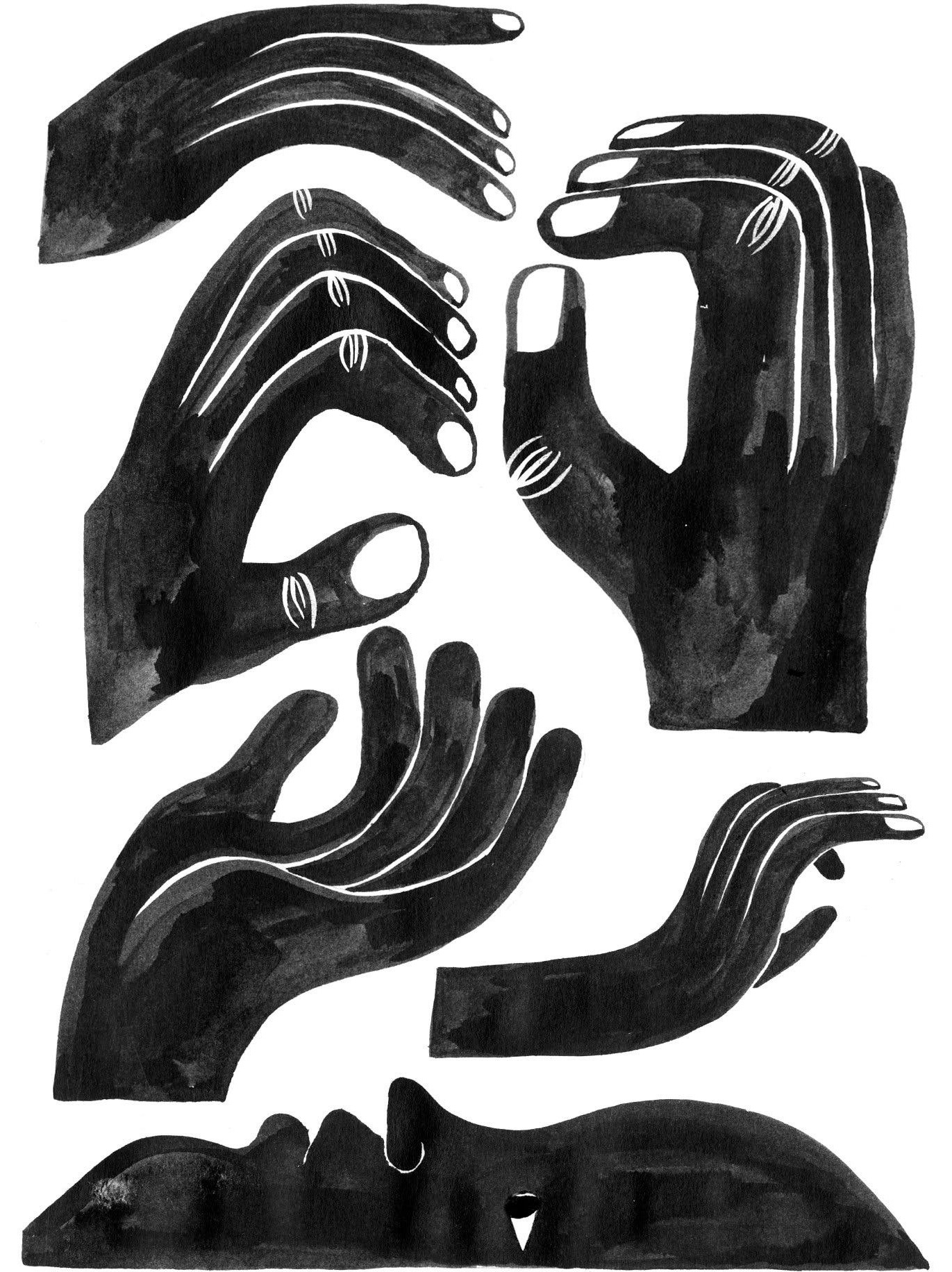Where The Fear Has Gone
Not everyone thrives amid anxiety and uncertainty.

I. The Little-Death
Is it normal to be filled with dread before the day begins? Is permanent panic sustainable as a state of being? Are anxiety and uncertainty the new baselines? These are questions I’ve asked myself repeatedly over the last month. But these are also questions that remain answered. That’s because fear, unmediated, can be an insidious emotion. Rooting it out—or just keeping it at arm’s length—is not simple. But something occurred to me recently about the nature of fear.
To live with fear is different than living in fear. When you live with fear, that usually means it is a familiar emotion—a feeling you have managed for months, years, or even decades. For example, if you suffer from panic attacks, that fear and the conditions where it flourishes are ingrained from past episodes. To live in fear is far more immediate. Cause and effect are laid bare. For example, people trapped in war zones live in fear of being killed.
As much as I do not want to invoke Trump’s name, or recount the fuckery of his cult-like goons and loyalists, it is unavoidable at this point. As the hate and chaos politics of MAGA are center stage again, I have had to work hard to manage my anxiety while trying to channel it in a constructive direction. Writing is my answer for now.
II. There Will Be Nothing
The writing of Frank Herbert, sci-fi godhead and author of Dune (1965), has come to mind many times in recent weeks. A famous passage from the landmark novel is of particular interest—especially when I think of it in relation to anxiety and uncertainty:
I must not fear. Fear is the mind-killer. Fear is the little-death that brings total obliteration. I will face my fear. I will permit it to pass over me and through me. And when it has gone past I will turn the inner eye to see its path. Where the fear has gone there will be nothing. Only I will remain.
In film, this passage has made for memorable and intense performances. First with Kyle MacLachlan’s portrayal of Paul Atreides in David Lynch’s Dune (1984), where he acts opposite of Siân Phillips’ Gaius Helen Mohiam, who is a Bene Gesserit Reverend Mother.1 With his right hand inside an ornately carved wooden box, Paul must overcome his basic instincts and endure the pain being conjured by the Reverend Mother while she holds a poison needle at his neck. This is a test. Can intellect be called on to eclipse physical pain. When the pain becomes unbearable, Paul begins reciting the words, prayer-like, in his head: “I must not fear. Fear is the mind-killer. Fear is the little-death that brings total obliteration.” Visions of his hand, the flesh burning, flash on screen, as do the amber-colored sands of Arrakis, a planet he has yet to visit. When he cries out “the pain,” the Reverend Mother acknowledges he has endured enough. When he removes his hand from the box, it is unscathed.
This same scene was recreated in director Denis Villeneuve’s 2021 adaptation of the novel. This time, Timothée Chalamet portrays Paul Atreides opposite Charlotte Rampling as Reverend Mother Mohiam. But there’s one substantive change. Lady Jessica (Rebecca Ferguson), Paul’s mother, recites this passage as she stands guard outside the chamber where her son is being tested. Visibly shaken, she whispers “I must not fear. Fear is the mind-killer,” to quiet her welling panic. But she stumbles on the words and must begin again. As she trembles and fights back tears, she takes a deep breath to steady herself, and her words become clear and calm. In the chamber, Paul appears buoyed by his mother’s meditative recitation, though he cannot hear her. Before the Reverend Mother tells him he can remove his hand from the box, the image of a charred silhouette of his hand, as if carved from driftwood, rises totem-like from the sands of Arrakis.
But what is the lesson here? What, if anything, can be gleaned from this passage in the book or its cinematic counterparts? Given our current creep toward fascism, and my concerns about managing anxiety amid social and political uncertainty, it got me wondering about the Dune auteur’s politics.
Herbert’s personal politics were not without flaw—or contradiction. He was a Republican and an environmentalist with Libertarian leanings. He worked as a speechwriter for several Republicans, including Senator Guy Cordon, a supporter of Joseph McCarthy’s misdirected crusade to root out suspected communists.2 He considered Nixon to be a far more effective president than Kennedy, and believed that the Watergate scandal unwittingly taught Americans an important lesson: do not trust the government. He praised Reagan’s pro-family and bootstrap individualism stances, though he disagreed with his foreign policy. In Chapterhouse: Dune (1985), the final novel published before his death from cancer the following year, Herbert offered a no-bullshit definition of politics in two sentences: “All governments suffer a recurring problem: Power attracts pathological personalities. It is not that power corrupts but that it is magnetic to the corruptible.”
III. Coda
As we conclude, let’s put on our editor caps. I like Herbert’s writing in this passage, but if I want to rely on it in a moment of quiet meditation, it will need punched up. See my marks below:
I must
not fear. Fear is the mind-killer. Fear is the little-death that brings total obliteration. I willface my fear. I willand permit it to passover me and through me.And wWhen ithais gone,past I will turn the inner eye to see its path. Where the fear has gonethere willbe nothing. Oonly be meI will remain.
If I sent this back as a Word document with my edits tracked, our famous author would ask that I be removed from the project. But let’s at least see how it reads:
I must face my fear and permit it to pass. When it is gone there will only be me.
Obviously, I’ve ruined the lyricism of Herbert’s writing. And maybe even given it more of a “Dance like nobody’s watching” or “Live. Laugh. Love.” vibe, but it’s with the best intentions.
Endnotes
In Frank Herbert’s Dune novels, the Bene Gesserit are a powerful social, religious, and political force described as an exclusive sisterhood whose members train their bodies and minds through years of physical and mental conditioning to obtain superhuman powers and abilities that seem magical to outsiders.
Herbert, who was actually a distant relative of McCarthy, was horrified by the blacklisting of suspected communists and how McCarthy’s crusade infringed on core personal freedoms.



